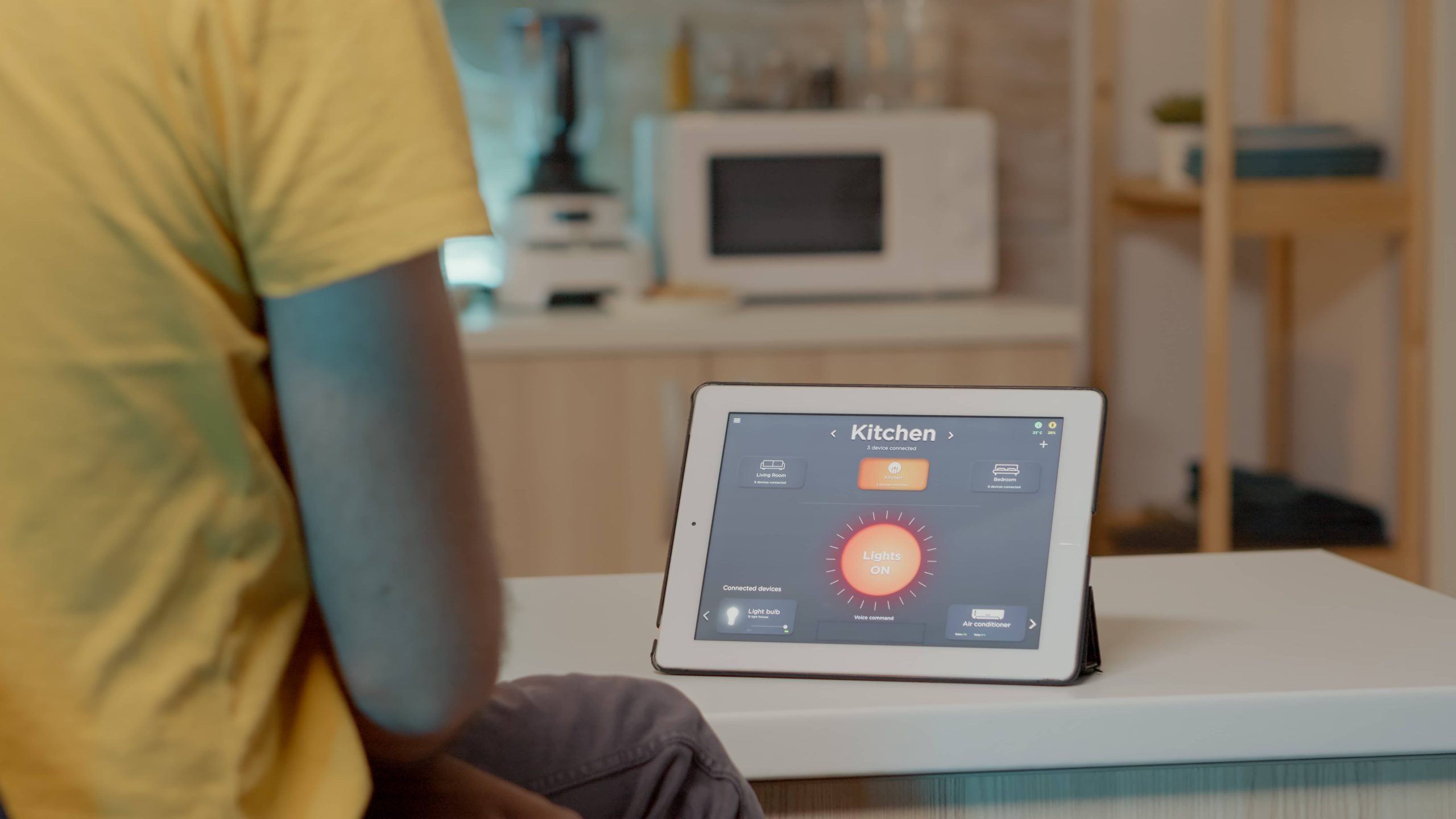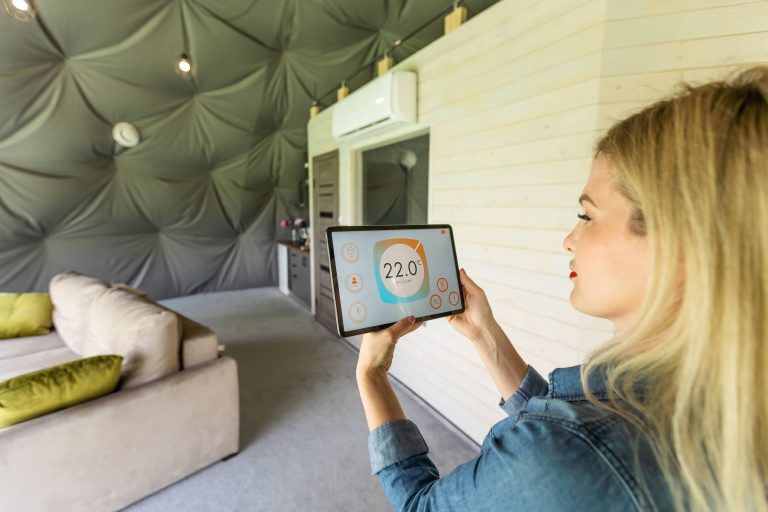
In recent years, the concept of a “smart home” has evolved from a futuristic dream into a tangible reality. At the heart of this transformation lies the integration of artificial intelligence (AI), which has revolutionized the way we interact with our living spaces. From voice-activated assistants to intelligent security systems, AI is reshaping the home environment, making it more efficient, convenient, and secure. In this blog post, we will delve into the potential of AI in smart homes, exploring its current applications and future possibilities.
The Rise of AI in Smart Homes
The journey of AI in smart homes began with the introduction of voice-activated assistants like Amazon’s Alexa, Google Assistant, and Apple’s Siri. These AI-powered devices have become household staples, allowing users to control various aspects of their homes with simple voice commands. Whether it’s adjusting the thermostat, playing music, or setting reminders, these assistants have made daily tasks more manageable and accessible.
However, the potential of AI in smart homes extends far beyond voice commands. AI algorithms can analyze data from various sensors and devices within the home, learning the habits and preferences of its occupants. This capability enables the creation of personalized experiences, where the home adapts to the needs of its residents automatically.
Enhancing Energy Efficiency
One of the most significant benefits of AI in smart homes is its ability to enhance energy efficiency. AI-powered systems can monitor energy consumption patterns and make real-time adjustments to reduce waste. For instance, smart thermostats like the Nest Learning Thermostat use AI to learn a household’s schedule and temperature preferences, optimizing heating and cooling to save energy and reduce utility bills.
Moreover, AI can integrate with renewable energy sources, such as solar panels, to manage energy distribution efficiently. By predicting energy usage and adjusting accordingly, AI can ensure that homes use energy in the most sustainable way possible, contributing to a greener future.
Improving Home Security
AI has also made significant strides in improving home security. Traditional security systems often rely on motion sensors and alarms, which can be prone to false alerts. AI-enhanced security systems, on the other hand, use advanced algorithms to distinguish between normal and suspicious activities. For example, AI-powered cameras can recognize familiar faces and alert homeowners only when an unknown person is detected.
Additionally, AI can analyze patterns of behavior to predict potential security threats. By learning the daily routines of a household, AI systems can identify anomalies and alert homeowners to potential risks, providing an added layer of protection.
Personalized Living Experiences
The ability of AI to learn and adapt to individual preferences is transforming the way we experience our homes. Smart lighting systems, for example, can adjust brightness and color based on the time of day or the mood of the occupants. Similarly, AI-driven entertainment systems can curate personalized playlists or recommend movies based on viewing history.
Furthermore, AI can enhance accessibility for individuals with disabilities. Voice-activated assistants can help those with mobility challenges control various aspects of their home, while AI-powered devices can provide real-time assistance for individuals with visual or hearing impairments.
The Future of AI in Smart Homes
As AI technology continues to advance, the potential applications in smart homes are virtually limitless. One exciting possibility is the development of fully autonomous homes, where AI systems manage all aspects of the household without human intervention. These homes could anticipate the needs of their occupants, from preparing meals to managing household chores, creating a seamless living experience.
Another promising area is the integration of AI with the Internet of Things (IoT). By connecting various smart devices and appliances, AI can create a cohesive ecosystem where everything works in harmony. This integration could lead to smarter cities, where homes communicate with each other and with public infrastructure to optimize resource usage and improve quality of life.
Challenges and Considerations
Despite the numerous benefits, the integration of AI in smart homes also presents challenges. Privacy concerns are at the forefront, as AI systems often require access to personal data to function effectively. Ensuring that this data is protected and used responsibly is crucial to maintaining trust in AI technologies.
Additionally, the complexity of AI systems can pose challenges for users who are not tech-savvy. Simplifying user interfaces and providing comprehensive support will be essential to ensure that everyone can benefit from AI in their homes.
Conclusion
The potential of artificial intelligence in smart homes is vast and exciting. From enhancing energy efficiency to improving security and personalizing living experiences, AI is transforming the way we interact with our homes. As technology continues to evolve, the possibilities for AI in smart homes will only expand, offering new opportunities to create more efficient, convenient, and enjoyable living environments. Embracing these advancements while addressing the associated challenges will be key to unlocking the full potential of AI in our homes.







